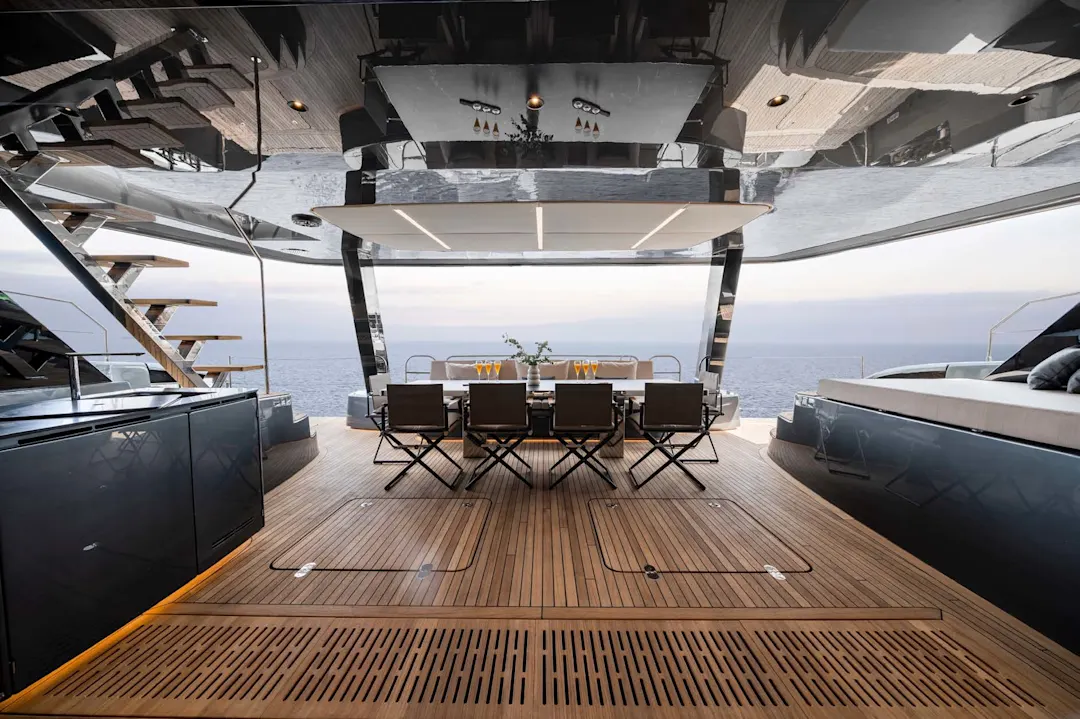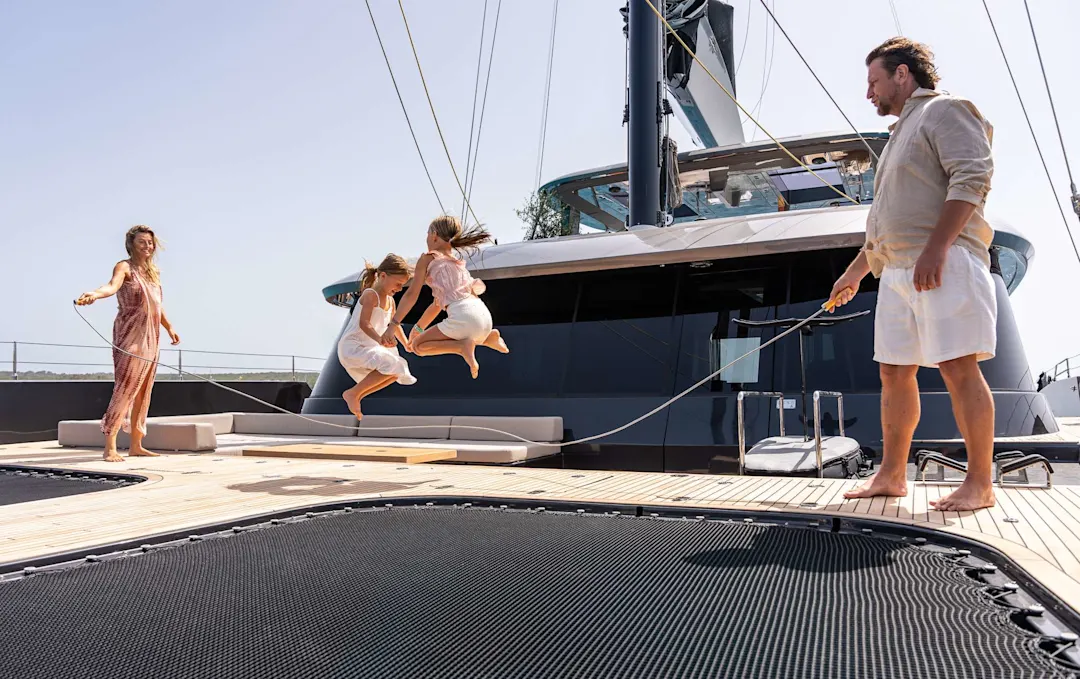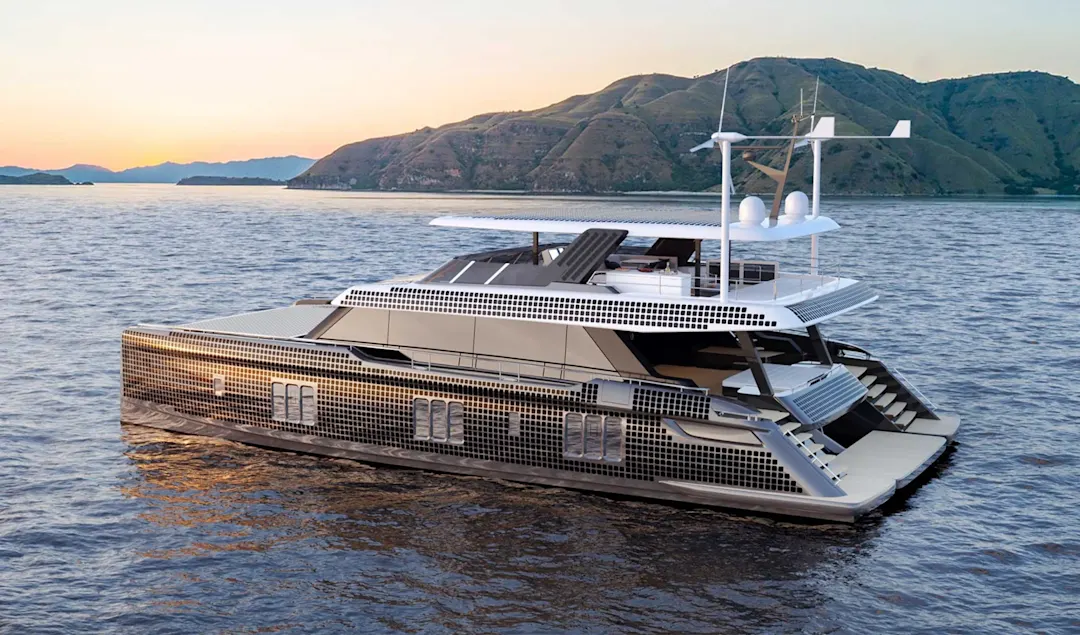The Rise of Eco-Luxury in Yachting: Transforming the Seas
The yachting industry is experiencing a remarkable transformation, blending the worlds of opulence and environmental responsibility. Once a symbol of unbridled luxury, the modern yacht is now becoming a vessel of sustainability, reflecting the growing global awareness of climate change and the preferences of a younger, eco-conscious clientele.
This shift represents a profound evolution in the way we approach marine recreation and luxury living, reshaping the industry’s future.
Sustainability Takes Center Stage
Gone are the days when the focus of yacht design revolved solely around grandeur and excess. Today’s yacht owners and builders are prioritizing eco-friendly solutions that minimize environmental impact without sacrificing sophistication.
At the forefront of this movement are innovations such as hybrid propulsion systems, electric engines, and solar-powered yachts. Builders like Sunreef Yachts have introduced models designed to harness renewable energy, significantly reducing their carbon footprint. These advancements demonstrate that luxury need not come at the expense of sustainability.
Additionally, sustainable materials are becoming a staple in yacht interiors. Recycled glass countertops, responsibly sourced woods, and eco-friendly fabrics are replacing traditional, less sustainable materials. Not only do these elements reduce waste, but they also offer unique aesthetic appeal, creating interiors that are as visually striking as they are environmentally conscious.
Eco-Tourism and Conservation Experiences
Yachting is no longer just about relaxation—it’s about meaningful engagement with the environment. The rise of eco-tourism and conservation-focused charters is revolutionizing the industry. Guests are now seeking opportunities to actively participate in marine conservation, from restoring coral reefs to tagging sea turtles alongside marine biologists.
This trend extends to the broader concept of citizen science, where guests contribute to research efforts while enjoying their time at sea. For example, some charters offer activities like documenting whale migrations or supporting initiatives to clean up marine debris. These experiences not only elevate the traditional yacht charter but also create a lasting connection between guests and the marine ecosystem.
Challenges and Opportunities
While the industry is making significant strides, there are hurdles to overcome. Hybrid propulsion and electric systems, for instance, remain costly, and the infrastructure for recharging electric yachts is still in its infancy. Furthermore, yacht manufacturing processes and end-of-life disposal present ongoing challenges for reducing environmental impact.
However, these challenges are driving innovation. Builders and designers are exploring new technologies and materials, while regulatory bodies and advocacy groups are pushing for higher sustainability standards. As awareness grows, the demand for eco-friendly yachts will continue to rise, paving the way for further advancements.
A Future Anchored in Sustainability
The integration of sustainability in yachting reflects a broader societal shift toward environmental responsibility. For the industry, this is more than a passing trend; it’s a necessary evolution. By embracing eco-luxury, yachting is redefining what it means to explore the seas—offering not just indulgence but also stewardship of the oceans.
This new approach ensures that the magic of yachting can endure for generations. The seas, after all, are not just a playground for the present—they are a legacy for the future. With the combined efforts of designers, builders, owners, and enthusiasts, the industry is charting a course toward a cleaner, greener horizon.
The rise of eco-luxury in yachting is proof that innovation and responsibility can coexist, creating a more sustainable future for the industry and the oceans it depends upon.




